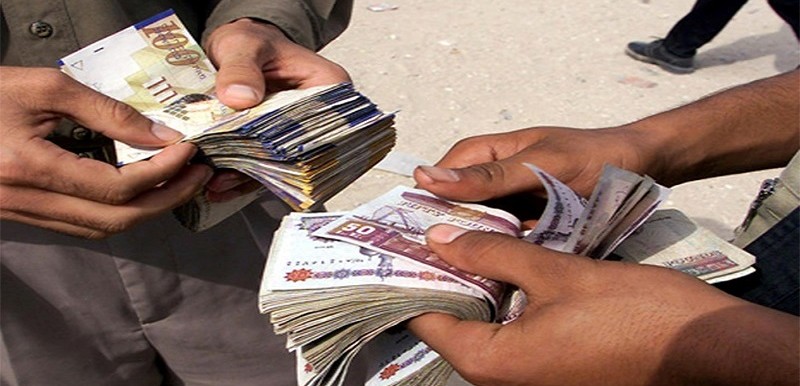Sudan’s fickle currency – government efforts to tame the pound
26 September 2020
Massive fluctuations and devaluations of the Sudanese Pound vis-à-vis the dollar have crippled Sudan’s already ailing economy. The government declared an economic state of emergency after the severe currency devaluation. Economist and politicians hope the economic conference launched today may incur policies to help the country overcome these massive fiscal challenges.
Despite stable official prices from mid-September, prices of foreign currencies in the black market fluctuated drastically. On 10 September the value of a dollar fell to 170 Sudanese Pounds from 275 a day earlier.
But this value drop did not last long. Two days later the Sudanese Pound increased to 247 per dollar. How does the Sudanese Pound shift value so erratically? According to currency traders in Sudan’s black market, the control switch lies with them.
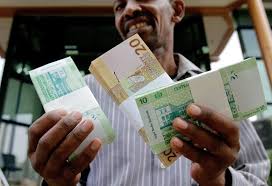
Black market traders claim to control banking in Sudan, everything from currency exchange to transfers of money –even borrowing and brokerage in the areas of real estate, travel and transportation services. “These measures by the government to control the pound are useless,” said one black market trader on the condition of anonymity. “We can simply stop (trading) for two or three days and then [the pound] is back again with very high prices.”
According to several traders in the black market, they have more foreign currencies in their position than the government and can hold out longer than the authorities to control the exchange rate. By providing a better rate than the official one, black market traders claim they harbour more influence than authorities since they contend with “huge companies and commercial establishments”.
Merchants in the mud
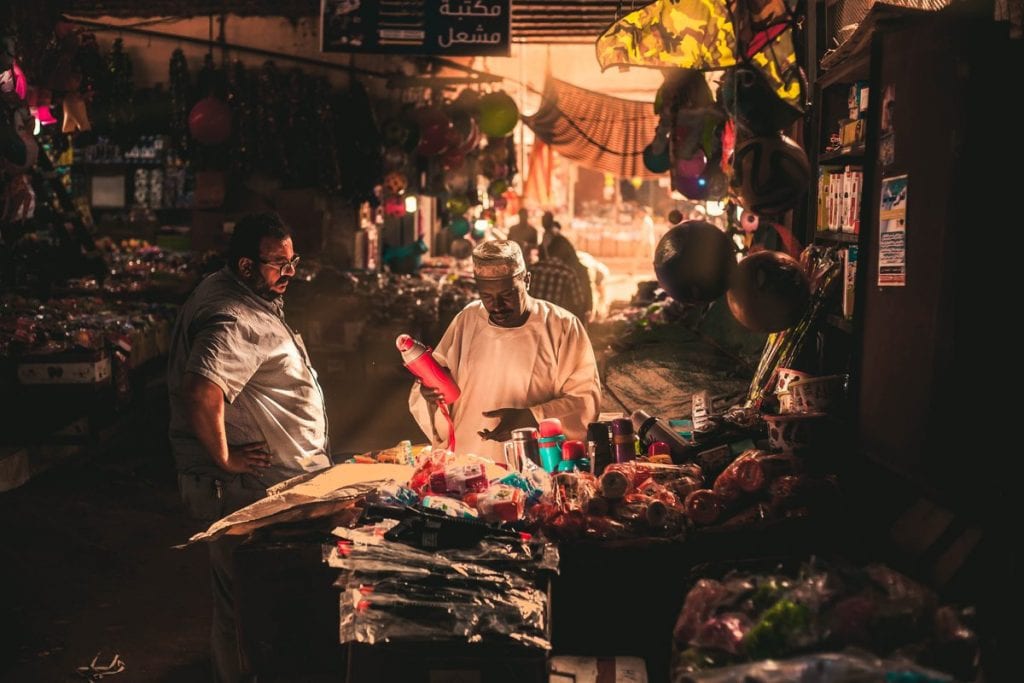
While the black market currency exchange traders can manipulate and weather Sudan’s economic storms, the currency fluctuations have left merchants in the mud. Some merchants, seeing no profit from the current currency instability, have stopped working completely while others have placed additional costs on their goods.
“We had to put a 40% price increase for all our goods,” Hussam Hassan, owner of a household appliance store in Khartoum North told Ayin, severely affecting his sales. Omar Awad decided to close his hardware shop until the exchange rates stabilise since they had already experienced severe losses due to the currency value fluctuations.
Either decision has left Sudan’s already beleaguered consumers in a more vulnerable state.
Safaa Said told Ayin their family is considering relocating to Egypt since they are no longer able to buy all of their basic needs. “We lost hope completely and do not know what will happen tomorrow,” Said said, calling on the government to place stricter controls over the markets. “We are in Khartoum and this is our situation here –it is hard to imagine how it will be for those in distant states after transport costs are added to foodstuffs,” she added.
Economic sabotage
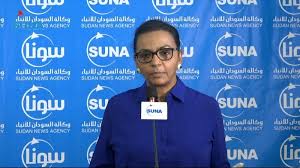
The transitional government has formed special courts with prosecutors designed to target what authorities believe is a deliberate attempt by its detractors to destabilize Sudan’s economy. “What is happening is a systematic operation to vandalize the Sudanese economy and choke the transitional government, so we will not relent,” said acting Minister of Finance, Hiba Ahmed Ali at a press conference earlier this month. The minister said new measures including laws to protect the economy are being reviewed. “What happened [the currency drop] is an open war against the revolution, the economy, the government,” added Information Minister Faisal Mohamed Saleh at another press briefing held the same day.
But the Economic Committee for the Forces for Freedom and Change (FFC) opposed the government measures to protect the economy, citing a lack of consultation. “The minister did not consult us before announcing these measures and procedures,” said economist and FFC Economic Committee member Kamal Karrar. “Even the former minister did not consult us about anything, he never followed our plans and it seems that she [acting Finance Minister Hiba Ahmed] is following in his steps.” Kamal believes the government’s plans to “chase currency dealers” to stop exchange rate depreciation will prove a futile effort and lays his hopes that better measures will come out of the ongoing economic conference.
Struggling with runaway inflation that reached 166.88% and an increase in the currency exchange rate, Sudan launched its first economic conference today to discuss measures to counter these untenable rates. Only Venezuela can trump Sudan in terms of rampant inflation, for instance, with the headline rate climbing to 143.7% in July.
The current conference includes nine sessions led by economic experts to discuss fiscal and monetary policies along with youth employment. The meeting is meant to discuss the causes behind the country’s poor export production, trade imbalances, unemployment, as well as inflation and the depreciation of the national currency.
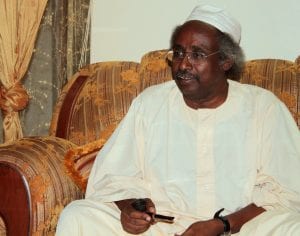
The way out
Economists believe more measures need to be adopted to find a solution to Sudan’s current fiscal woes. For one, says economist Sidig Kaballo, would be to reduce imports to make proportionality with the country’s exports. “There is a deficit in the trade balance,” Kaballo told Ayin, “this will not be addressed unless imports are restricted.” The removal of US sanctions, increased agricultural and industrial exports, among other factors, he says, may help in reducing the value of the dollar against the pound.
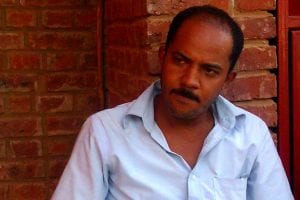
Similarly, an expert in development planning, Ahmed Abdel Salam, believes authorities must take control of market prices by all means necessary. “There must be a mechanism to control pricing despite this situation,” Abdel Salam said. One way to do this, Abdel Salam told Ayin, is from remittances of expatriates by incentivizing money transfers through official banks instead of money changers. “There are a lot of foreign currencies outside the official banking framework, and the government should work hard to attract them instead of pursuing currency dealers,” he added.


